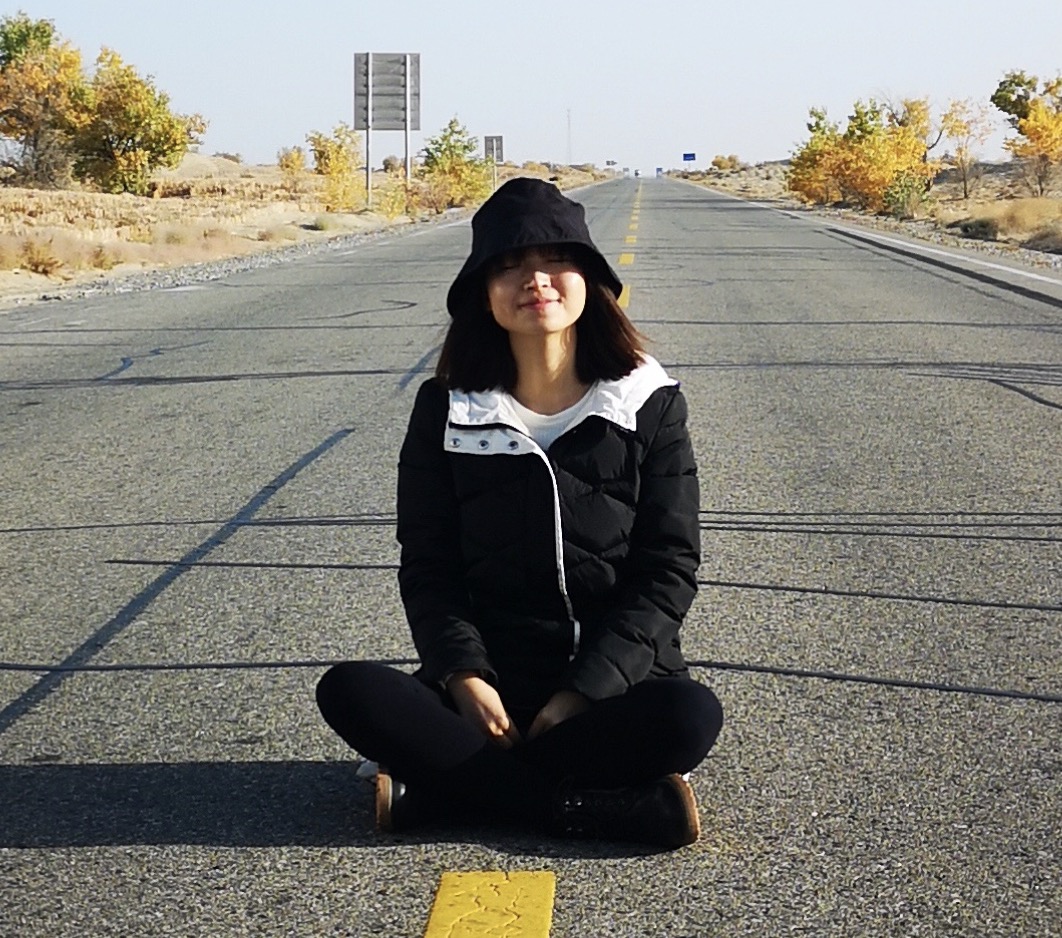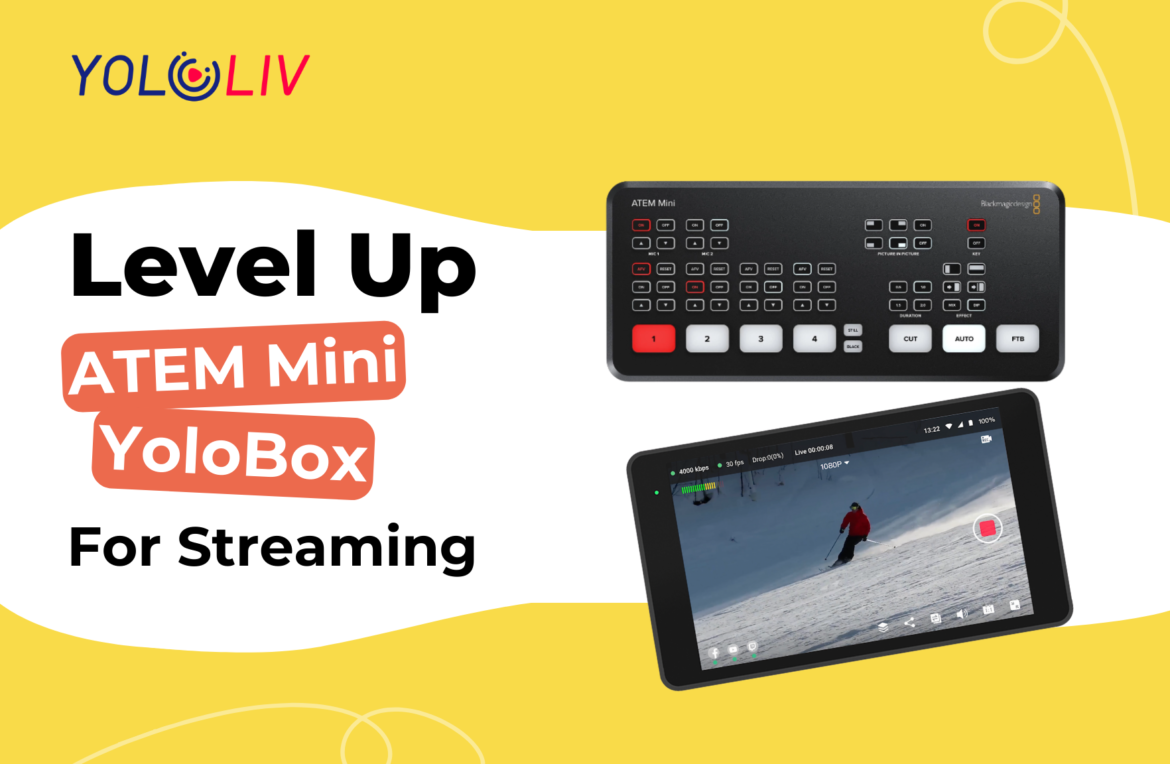Introduction
The YoloBox Mini and ATEM Mini are two powerful devices that can enhance your live streaming experience. While the YoloBox Mini offers a range of graphics features, the ATEM Mini provides multiple video inputs. Combining these two devices can unlock a variety of possibilities for your live streams. In this blog, we will explore how you can leverage the best features of both the YoloBox Mini and ATEM Mini to level up your live streams.
The ATEM Mini: Features and Limitations
The ATEM Mini is a video switcher with four HDMI inputs that allow you to switch between cameras. It also includes an upstream key for green screening or picture-in-picture effects. However, the ATEM Mini has some limitations when it comes to adding graphics to your live streams. It only allows you to crop and scale one video source on top of another, making it difficult to create side-by-side layouts or newscaster-style layouts from multiple sources. Additionally, it can only load still images as graphics, not videos, and requires a computer for loading images.
The YoloBox Mini: Graphics Powerhouse
On the other hand, the YoloBox Mini offers numerous graphics features that are not available on the ATEM Mini. It includes built-in title generators for creating lower thirds and other titles directly on the device. You can also use the built-in countdown timer, scoreboard feature, and load images from the SD card to use as overlays. Furthermore, the YoloBox Mini supports web URL overlays, allowing you to incorporate graphics from web pages, enabling more advanced graphical effects.
Combining the ATEM Mini and YoloBox Mini
Although the YoloBox Mini has only one video input, combining it with the ATEM Mini can open up a world of possibilities. Let’s explore a few ways to leverage both devices effectively:
1. Simple Setup: ATEM Mini with YoloBox Mini
The basic setup involves using the original ATEM Mini with the YoloBox Mini. By connecting the HDMI output of the ATEM Mini to the HDMI input of the YoloBox Mini, you can switch between the four inputs of the ATEM Mini, and the YoloBox Mini will treat them as a single camera. This setup allows you to take advantage of the graphics capabilities of the YoloBox Mini, such as adding text, countdown timers, web overlays, and more. Additionally, you can stream from the YoloBox Mini to one or more platforms, something that is not possible with the ATEM Mini alone.
2. ATEM Mini Pro or Pro ISO with YoloBox Mini
The ATEM Mini Pro and Pro ISO models offer additional features compared to the original ATEM Mini. These models include multi-view, which allows you to see all your cameras at once, and the ability to record to a USB drive. To make the most of these features while using the YoloBox Mini, you have a couple of options:
- Option 1: Multi-View with YoloBox Mini
Connect the USB output of the ATEM Mini to the USB input of the YoloBox Mini. This setup enables you to use the multi-view feature of the ATEM Mini while leveraging the graphics capabilities of the YoloBox Mini. However, note that using the USB port for the YoloBox Mini as a webcam will prevent you from recording a backup on the ATEM Mini itself. - Option 2: HDMI Output with YoloBox Mini
Connect the HDMI output of the ATEM Mini to the YoloBox Mini. Although this setup eliminates the multi-view feature, it frees up the USB port on the ATEM Mini for connecting a harddrive. This is particularly beneficial when using the ATEM Mini Pro ISO, as it allows you to record all four cameras simultaneously, providing a backup recording for each camera angle. Meanwhile, the YoloBox Mini can handle the streaming to platforms like YouTube, and it also has the capability to switch between the three HDMI inputs, enabling you to create various layouts directly on the YoloBox Mini itself.
Additional Features with YoloBox Pro
If you have the YoloBox Pro, which offers three HDMI inputs, you can utilize it in different ways with the ATEM Mini:
- Using YoloBox Pro as a Standalone Option: If you only have three cameras, you can utilize the YoloBox Pro independently without the ATEM Mini. With its three HDMI inputs, you can switch between the different inputs and create layouts such as side-by-side or picture-in-picture directly on the YoloBox Pro.
- Combining YoloBox Pro with ATEM Mini: For more camera inputs or the ability to record all camera feeds with the ATEM Mini Pro ISO, combining the YoloBox Pro with the ATEM Mini becomes advantageous. By connecting your cameras to the ATEM Mini and using the YoloBox Pro primarily for graphics, you can easily create layouts with cameras side by side or picture-in-picture. Switching between cameras on the ATEM Mini while maintaining the graphical overlays on the YoloBox Pro provides a seamless live streaming experience.
Furthermore, the YoloBox Pro has the capability to bring in a live stream from another YoloBox as a video source. This means you can incorporate a remote stream into the main YoloBox and use the ATEM Mini for local camera mixing. This combination allows for dynamic and engaging live streams, giving you more flexibility in terms of content creation.
Conclusion
Combining the ATEM Mini and YoloBox Mini or YoloBox Pro offers a wide range of possibilities to enhance your live streams. Whether you’re looking to add professional graphics, create advanced layouts, or record multiple camera angles, leveraging the strengths of both devices can significantly elevate your streaming setup. By utilizing the ATEM Mini’s multi-camera inputs and the YoloBox’s graphics capabilities, you can create visually captivating live streams that engage and captivate your audience.
We hope this blog has provided you with valuable insights into how you can level up your ATEM Mini live streams using the YoloBox. Share with us in the comments how you plan to use these devices together and which ones you currently own.
16,462 total views, 7 views today

Aura, the marketing specialist at YoloLiv. With her extensive work experience and motivated work attitude, she continually encourages user issue solutions and feature request fulfillment in order to satisfy the demands of more people.


